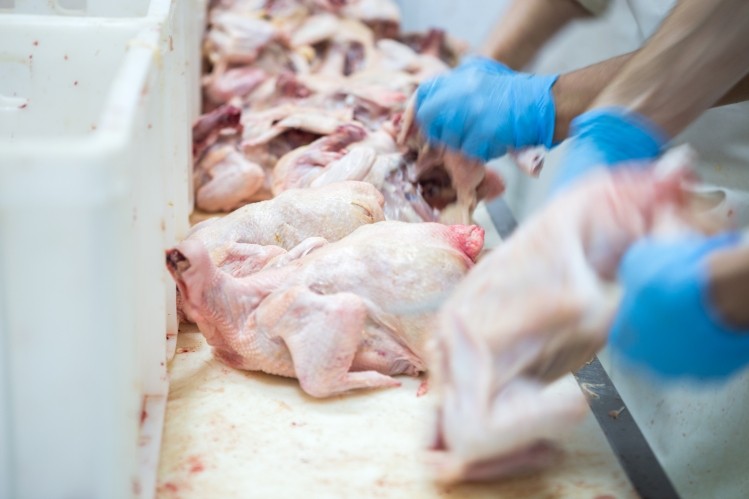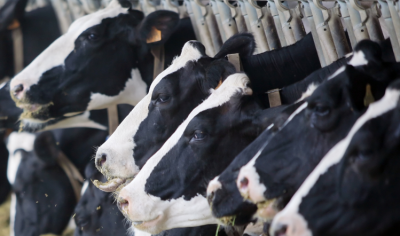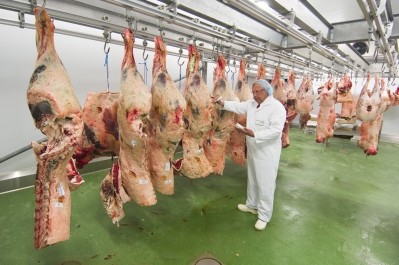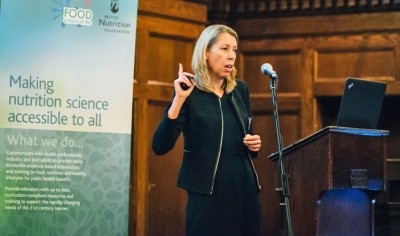FSA ‘should gain power to assess chlorinated chicken after Brexit’

The FSA should be able to collate, commission and review the scientific evidence on food safety and animal welfare, according to Policy Exchange’s ‘Farming Today’ report, published yesterday (August 1). If they were deemed to be safe, farmers should be able to decide which practices they wanted to use for their target buyers.
Chlorinated-chicken, hormone-treated beef and GM foods are currently banned in the EU. Farmers could either adopt these practices to target international buyers – including the US – or stick to current EU standards for exporting to the continent, Policy Exchange said.
‘Heavily integrated with European markets’
The report said: “Present agricultural supplies are heavily integrated with European markets, implying that, in practice, British farmers will have to continue to meet European standards if they wish to sell into the Single Market.
“Nevertheless, if Britain is to take full opportunity of leaving the EU and base its standards on science rather than protection, some regulatory divergence is probably inevitable. While the UK should not impose non-tariff barriers on the EU, we should allow individual farmers to decide whether they wish to meet the standards needed to export to the EU, or instead follow the UK’s own standards and target international markets.”
Australia currently uses this system of letting farmers decide which countries to target for exports. It allowed the use of hormones to promote beef growth, but used a tracking system to make sure this beef wasn’t sold to EU countries.
Consumer and producer choice
The UK should follow a philosophy of consumer and producer choice, the report said.
“Clear labelling and kitemarks allow companies and individuals to make their own choices,” Policy Exchange said. “Regulation should err on the side of increasing transparency and traceability across the supply chain.
“GM crops may be perfectly safe to eat, but you should still be given the choice to avoid them if you want to.”
Meanwhile, the British Poultry Council said last week (July 26) that it wouldn’t support a bilateral trade deal with the US, which would allow chlorinated chicken to be imported into the UK. The EU banned chlorine-washed chicken in 1997 over fears it could encourage poor food hygiene practices in abattoirs.
Chlorine-washed chicken – at a glance
- US hygiene practice which chemically washes chicken in chlorine at the end of the slaughtering process
- Trade secretary Liam Fox reported to support chlorine-washed chicken as it was safe and 20% cheaper to produce
- EU banned practice in 1997 over fears workers would relax hygiene because they knew the chicken would be chemically washed at the end of the process
















